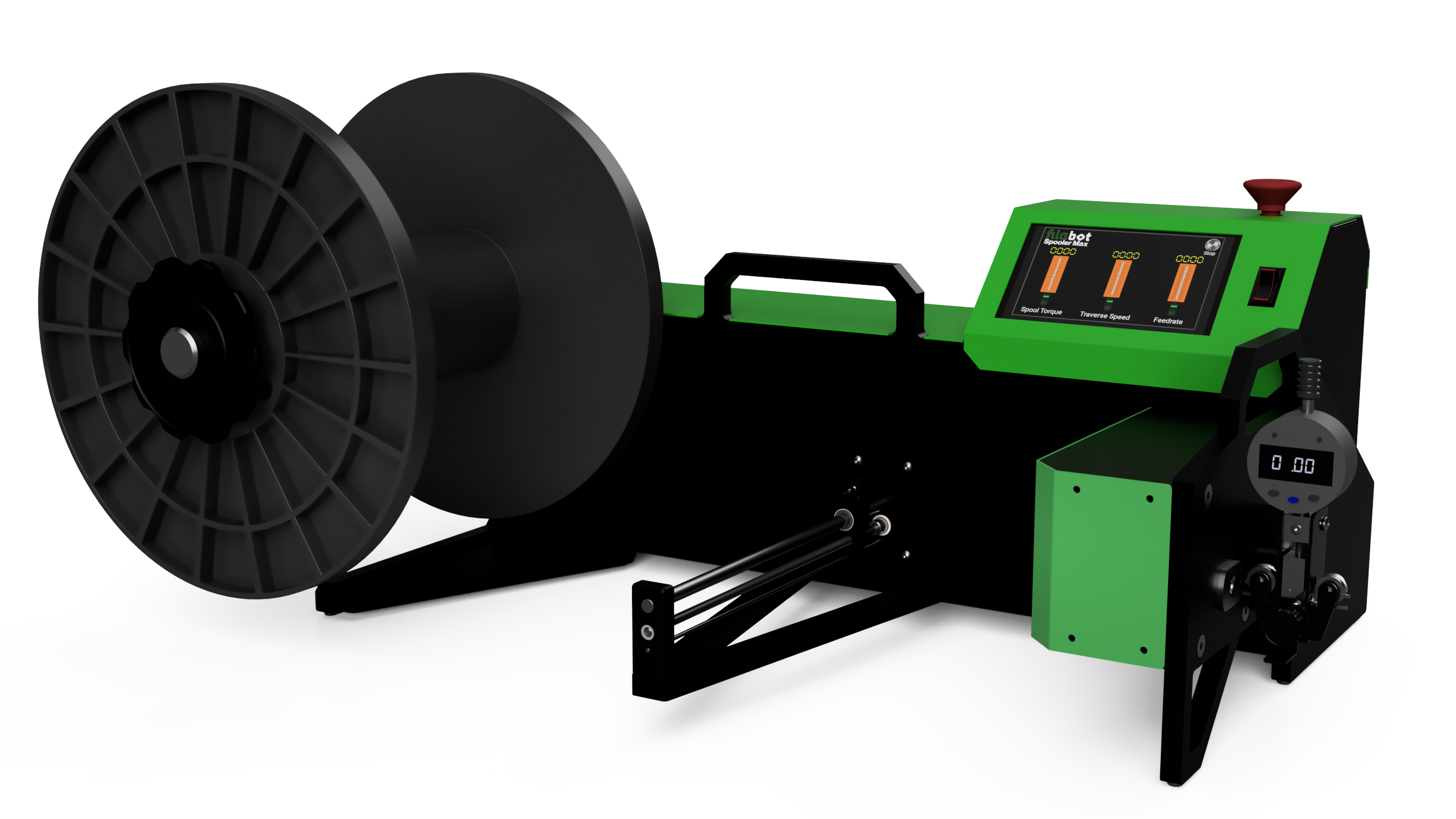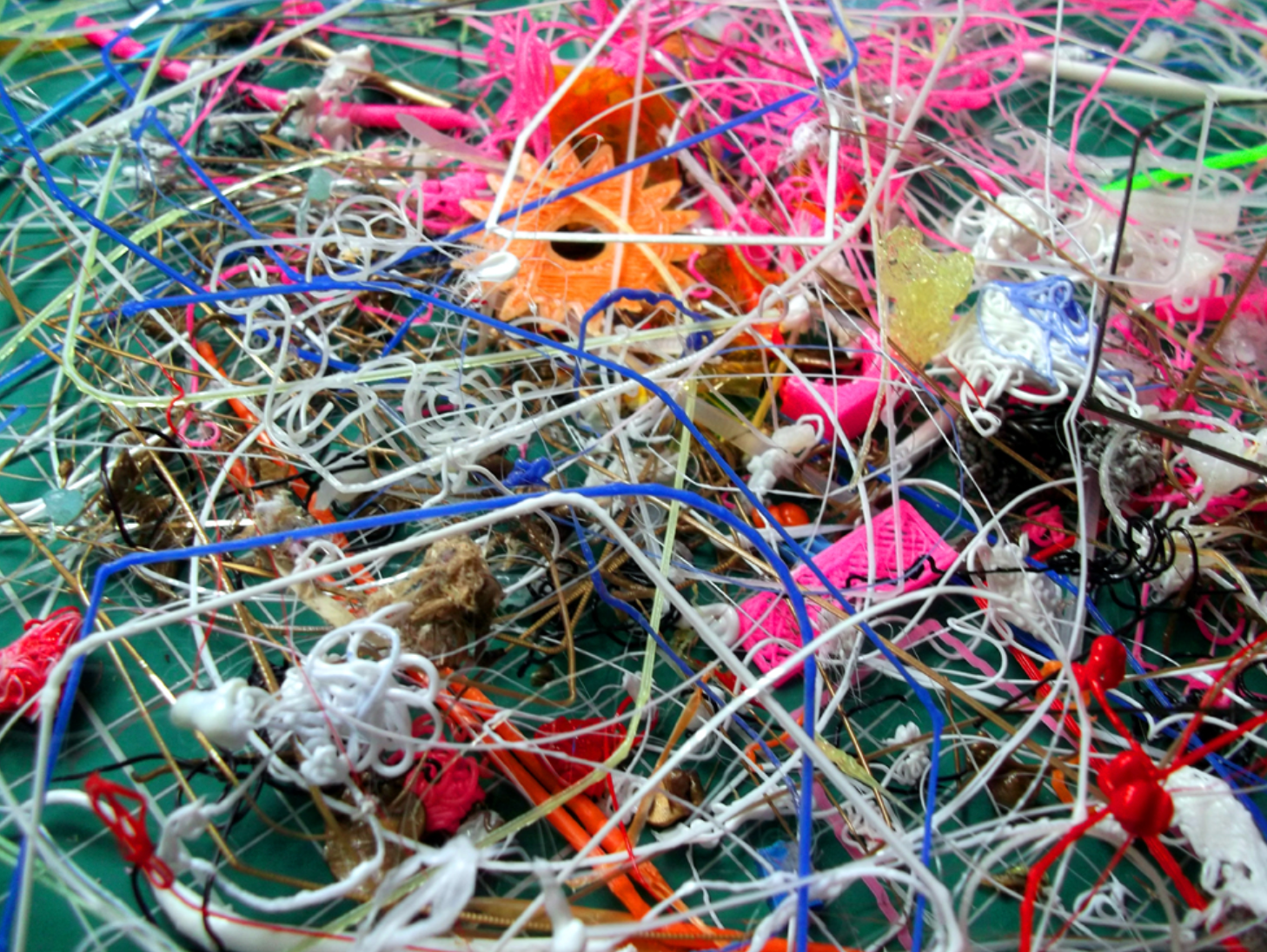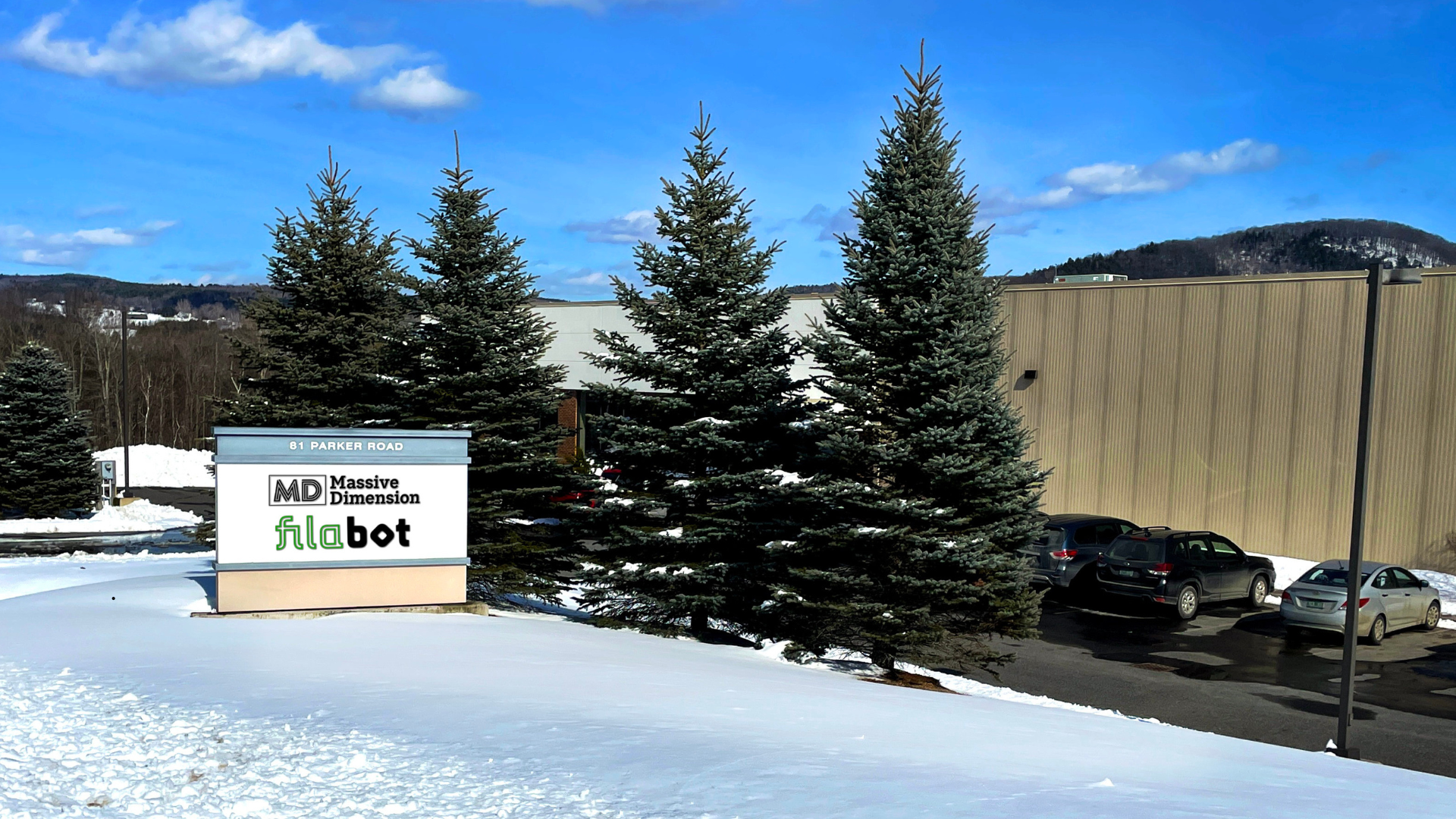Polymer Property Considerations for Successful
3D Printing
Finding the right polymer for your 3D printing project is almost an art form. You have to experiment with a lot of polymers to get it just right. Here at Filabot, we have fun playing around with various materials. That’s the best way to learn about polymer properties.

Polymer Issues to Consider.
When you are working with a wide range of polymers, you are going to run into problems. Here are some of the common issues in our experience:
1. Print Coming Off The Bed
Print displaced from the bed can ruin the object you are trying to create. A reason can be your nozzle getting caught on the edge from warping. Polymers have a pretty high thermal expansion. So when they cool after coming out of the nozzle, they also shrink a lot. If you don’t have a strong adhesion to the bed, the print can fall off.
2. Edge Warping
This happens especially with overhangs. On overhangs, if you don’t have a lot of support material, when the polymer shrinks, the nozzle will catch on the print and either knock it off the bed or skip and start printing to the side.
3. Extrusion Stoppage
The extrusion can stop for multiple reasons. Here are a few:
• Debris - If there is debris or contaminants like dust and dirt in your filament or if you use carbon fiber or wood filled material and your nozzle size is too small, the plastic will build and jam your nozzle. Filabot extruders have melt filter to capture any dirt. But when you are using filaments from external parties, it might have dirt and debris in them. You have to take off the nozzle and clean it out. Nozzle blockage can also happen if you are mixing colors and the colors don’t mix well due to temperature variance.
• Low Temperature and Melt Flow - If you are temperature is too low, your polymer will be thick which will restrict the melt flow and limit how fast you can push it through the extruder. It can cause extrusion stoppage.
• Soft Filament - Different extruders are designed for the softer filament. In the wrong extruder, the filament can bunch up and clog the nozzle. Flexible materials like TPU, LDPE, and HDPE can have a bunching effect.
• Filament Diameter Variance - Most desktop printers don’t have feedback for filament diameter variation. So if your filament diameters have a wide variance, it will cause your extruder output to vary which can result in a stoppage.
Tips for Successful Printing
You can take some precautions to improve the possibility of a successful print. Here are some techniques we use:
• Cardboard Sides - For open enclosures, tape cardboard pieces to the sides of the printer to control the draft of air passing through. The draft can vary the temperature and cause printing problems. Enclosing the area gives you more control over the print temperature.
• Heated Bed - Heated bed will improve some of the warp issues. Check if your printer has a heated bed.
• Controlled Cooling - If you cool the polymer faster, it can stop warping for some materials. You can play with the speed of the fan to find the optimum cooling for each polymer.
• Filament Diameter Tolerance - Try to use filament with tight tolerance, within the 1 to 2% range. Otherwise, the varying extruder output volume can cause uneven print results.
• Low Shrinkage - Polymers like LDPE and HDPE are difficult to print because they have high shrinkage and can easily cause trouble at the nozzle. A low shrinkage polymer like PLA is easy to work with. So when you are trying to find polymers, look for materials with low shrinkage.
Want to learn more? Please subscribe to our Facebook, Twitter, Instagram or YouTube channel to stay updated on future Filabot announcements.
If you have questions about any aspect of Filabot products, please feel free to contact us. Our experts are ready to answer your questions today.




